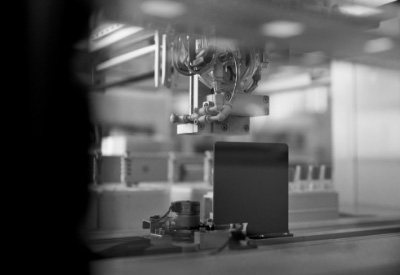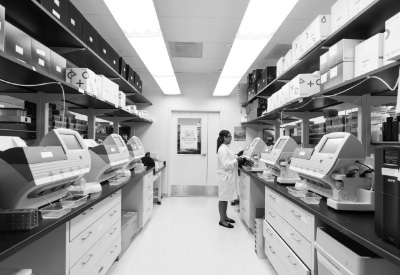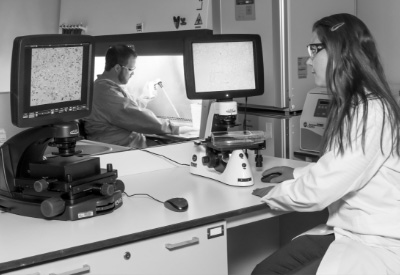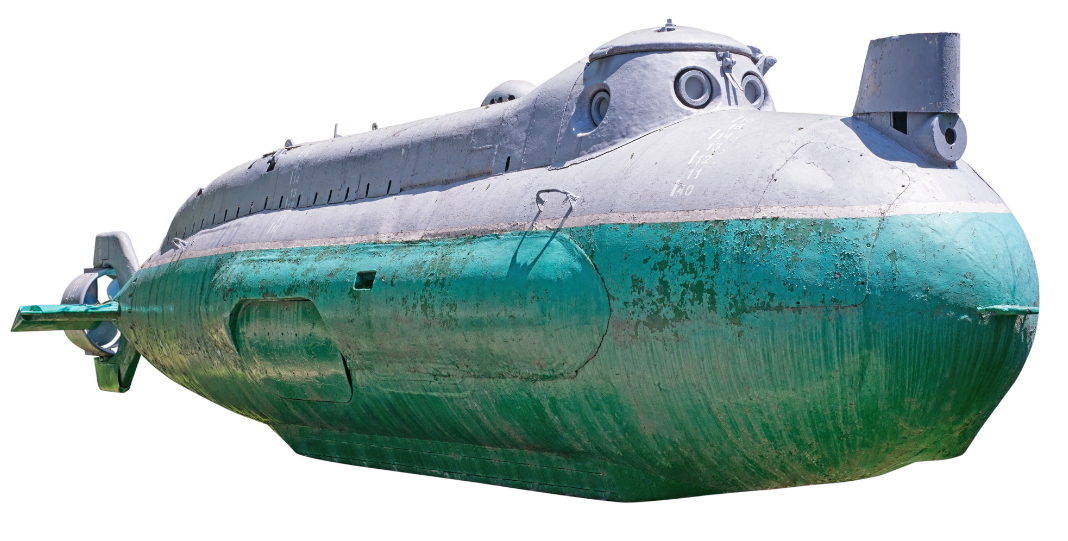
The ocean depths hold a vast world of unexplored potential for scientific discoveries and commercial opportunities. Despite the draw of ocean exploration, effectively powering underwater equipment in such extreme environments remains a significant challenge.
Subsea pressure sensors are crucial for underwater investigations and play a vital role in various industries, from offshore oil and gas exploration to marine research and deep-sea exploration. These sensors require low amounts of power for operation, yet they face demanding environmental conditions that hinder long-term functionality.
As we continue to venture into the ocean’s depths, understanding its mysteries and harnessing its resources, the need for reliable and long-lasting power sources like City Labs’ NanoTritium™ batteries is critical.

NanoTritium™ Batteries as a Novel Power Source for Underwater Pressure Sensors
City Labs’ NanoTritium™ batteries are a transformative solution for supplying reliable and continuous power to low-energy electronic sensors like underwater pressure sensors. Our extensive line of customizable nuclear battery products vastly outperform conventional batteries in withstanding extreme temperatures and other environmental stressors, making them ideal for deep-sea applications, specifically for powering microelectronic devices. NanoTritium™ batteries can also supply consistent energy for low-power devices, such as pressure sensors, for 20+ years, ensuring uninterrupted power supply for extended periods of time.
Understanding Subsea Pressure Sensors
Subsea pressure sensors are specialized devices designed to measure pressure levels at various depths underwater, providing essential contextual data. A variety of underwater pressure sensors are available to serve a diverse range of scientific applications.
These applications span across fields, including monitoring hydrocarbon pressure within the oil and gas industry and investigating ocean currents, sea level fluctuations, and marine ecosystems for oceanography research. They also play a significant role in environmental monitoring and ensuring the safety and integrity of underwater infrastructure in subsea engineering.
Navigating the uncharted waters of deep-sea environments introduces a host of formidable challenges for microelectronic devices, particularly those powering essential equipment like underwater pressure sensors. The extreme conditions that define the deep-sea realm create a unique set of obstacles that conventional power sources struggle to overcome.
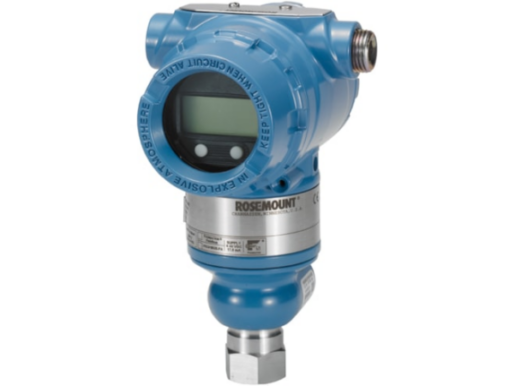
The Challenges of Deep-Sea Environments for Microelectronic Devices
Extreme Temperatures
Deep-sea conditions bring extreme temperature variations that conventional batteries have difficulty enduring. NanoTritium™ batteries excel in maintaining performance across a vast temperature range, making them the perfect choice for both icy cold and scorching hot deep-sea locales.
Intense Pressure
The immense water pressure found deep below sea level can damage traditional batteries, leading to leaks and power failures. NanoTritium™ batteries’ robust design withstands this pressure, ensuring reliable power delivery.
Corrosive Saltwater
Saltwater’s corrosive nature erodes standard batteries, but NanoTritium™ batteries’ durability makes them more resistant to the damaging effects of saltwater exposure.
Reliability and Maintenance
Swapping batteries in the deep sea is complex or impossible due to accessibility challenges. NanoTritium™ batteries’ extended lifespan and their low maintenance alleviate the need for frequent replacements, allowing uninterrupted operation for 20+ years.
Environmental Impact
Conventional batteries pose environmental risks due to their limited lifespans and chemicals. NanoTritium™ batteries, relying on controlled nuclear decay, offer a cleaner, more sustainable power source that aligns with eco-conscious deep-sea exploration.
The Nuclear Advantage
NanoTritium™ batteries harness the power of tritium—a radioactive isotope of hydrogen—to generate electricity. Through beta decay, tritium releases low-energy electrons that are converted into usable electrical power.
This nuclear power source eliminates the need for traditional fuel cells that can cause volatile chemical reactions and typically require external temperature controls, such as warming boxes, to function in cold environments. Ultimately, NanoTritium™ batteries utilize nuclear battery technology to offer a more compact, durable, and environmentally friendly alternative to traditional batteries—all while delivering exceptional reliability.
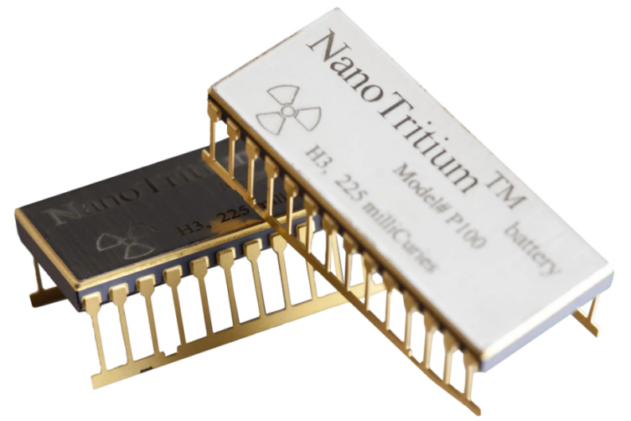
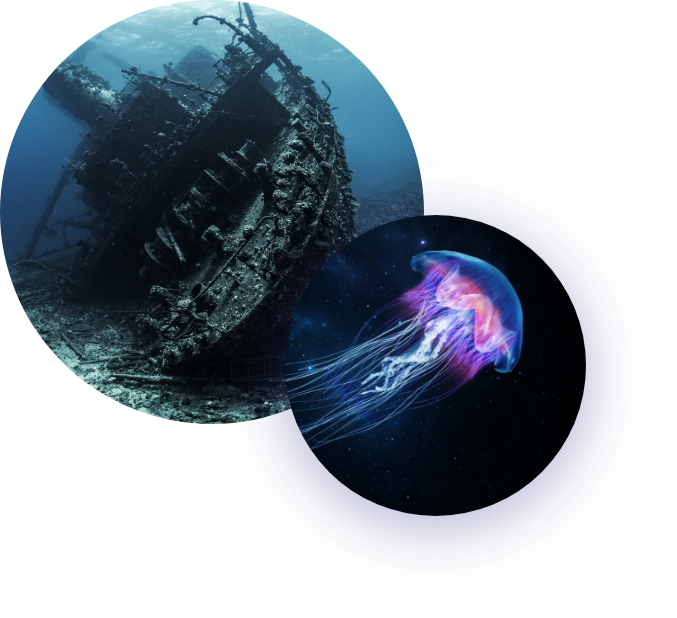
Charting New Depths With City Labs
By addressing the multifaceted operational and energy challenges faced by low-power subsea devices head-on, City Labs’ NanoTritium™ batteries emerge as a pioneering solution that elevates the capabilities of microelectronic devices even in the harshest underwater environments. The fusion of advanced technology, durability, and sustainability makes NanoTritium™ batteries a driving force in reshaping how we power essential underwater instrumentation, paving the way for more ambitious and enduring deep-sea exploration endeavors.
City Labs invites scientific institutions and commercial enterprises to contact us today to discuss how our revolutionary NanoTritium™ battery technology can enable your underwater exploration goals. By partnering with City Labs and harnessing the power of NanoTritium™ batteries, together we can push the boundaries of deep-sea exploration.
The Nuclear Battery Company With a Vision
Ready to power your next innovation or learn more about our technology?
Contact Us Today
